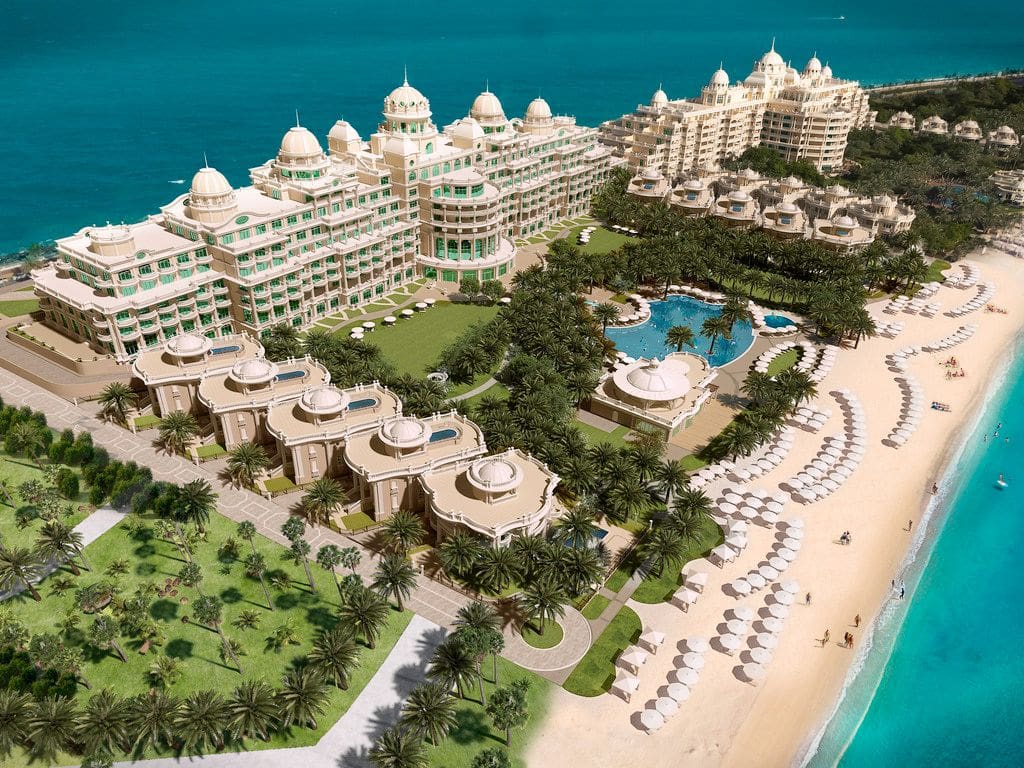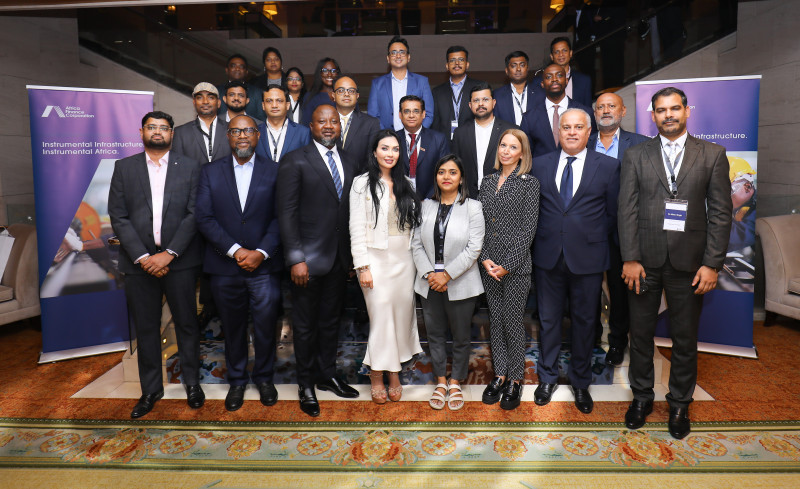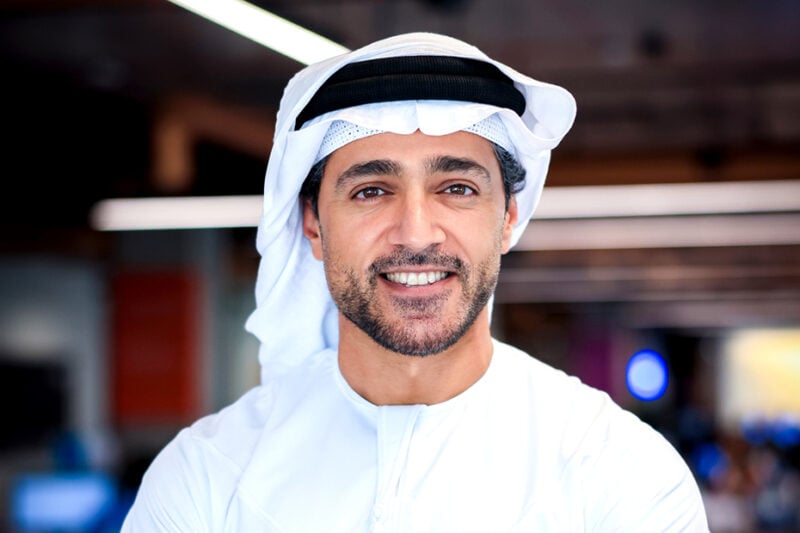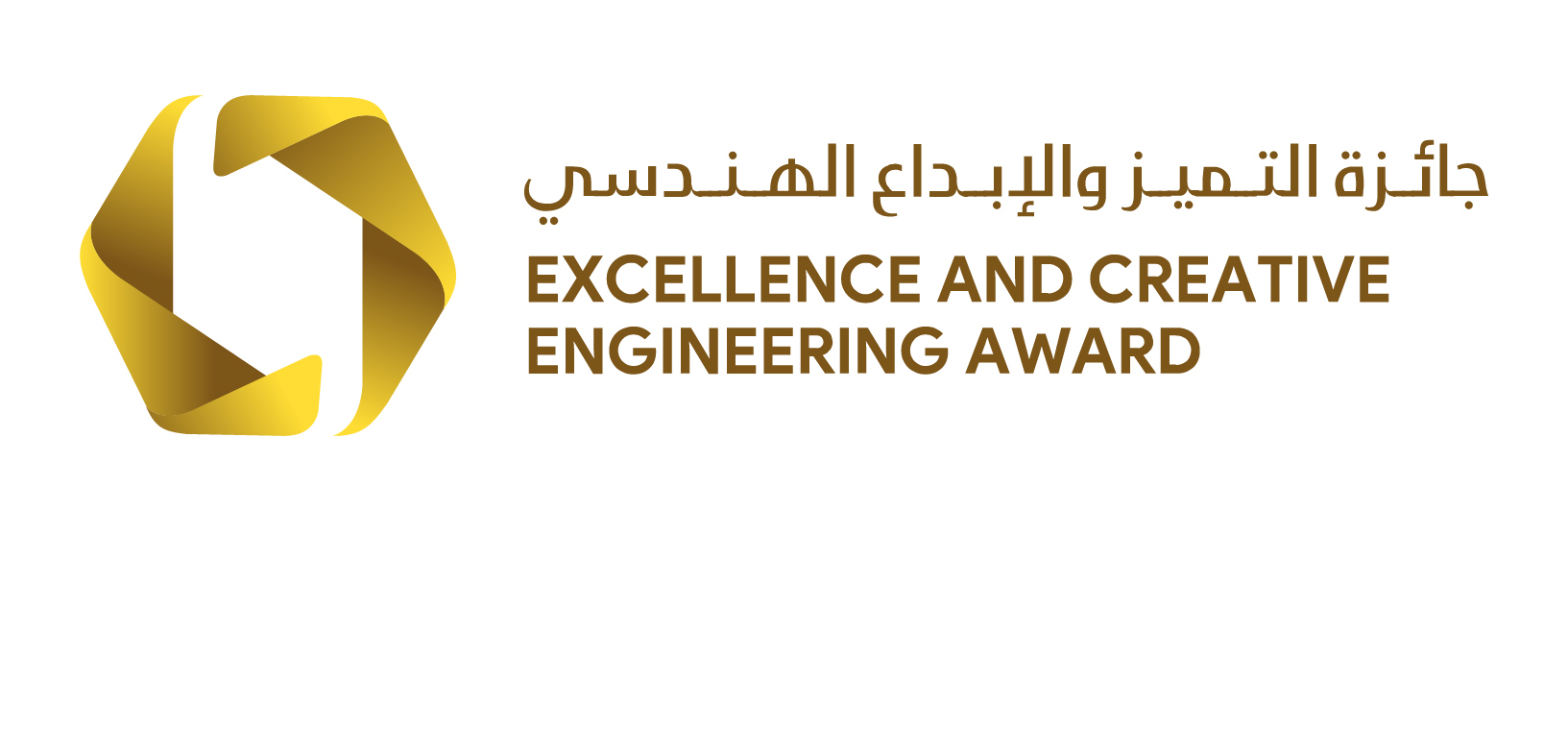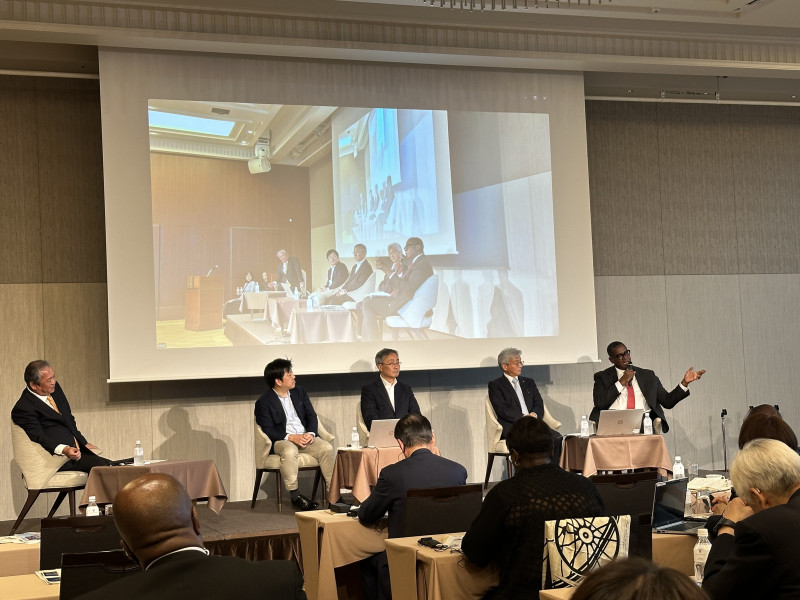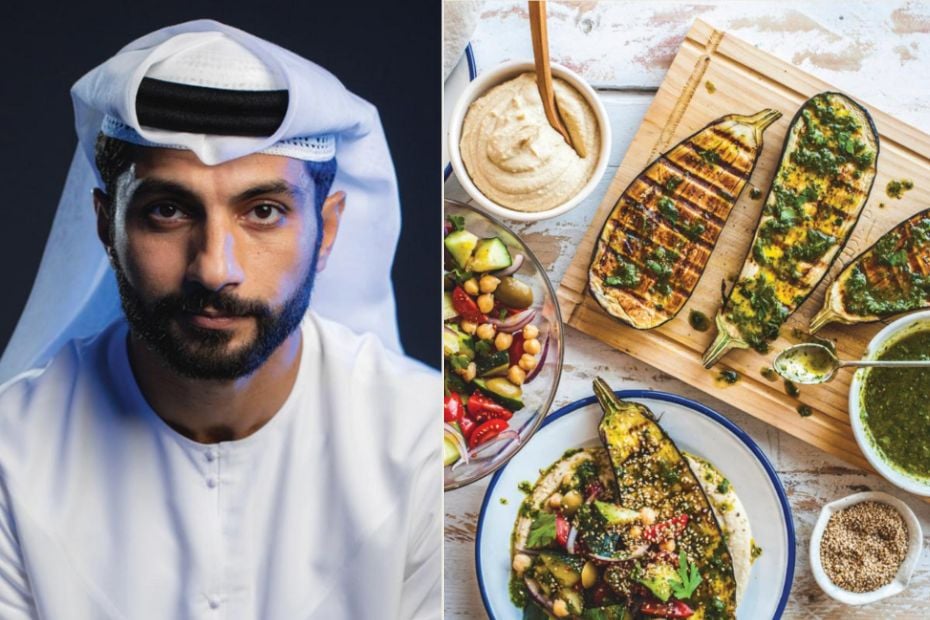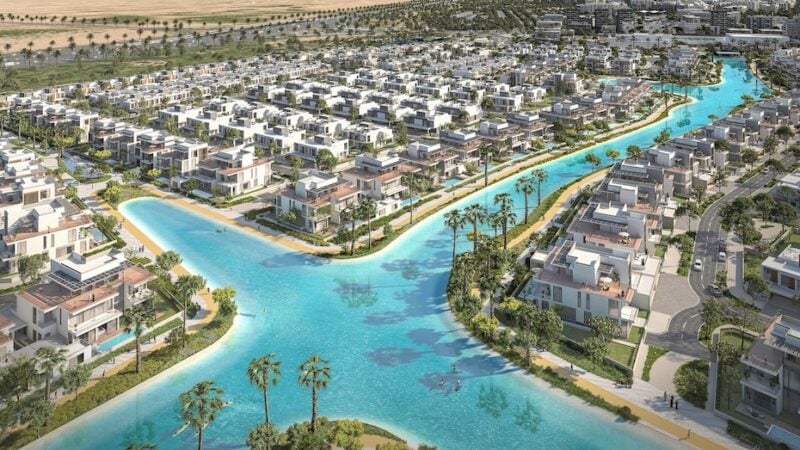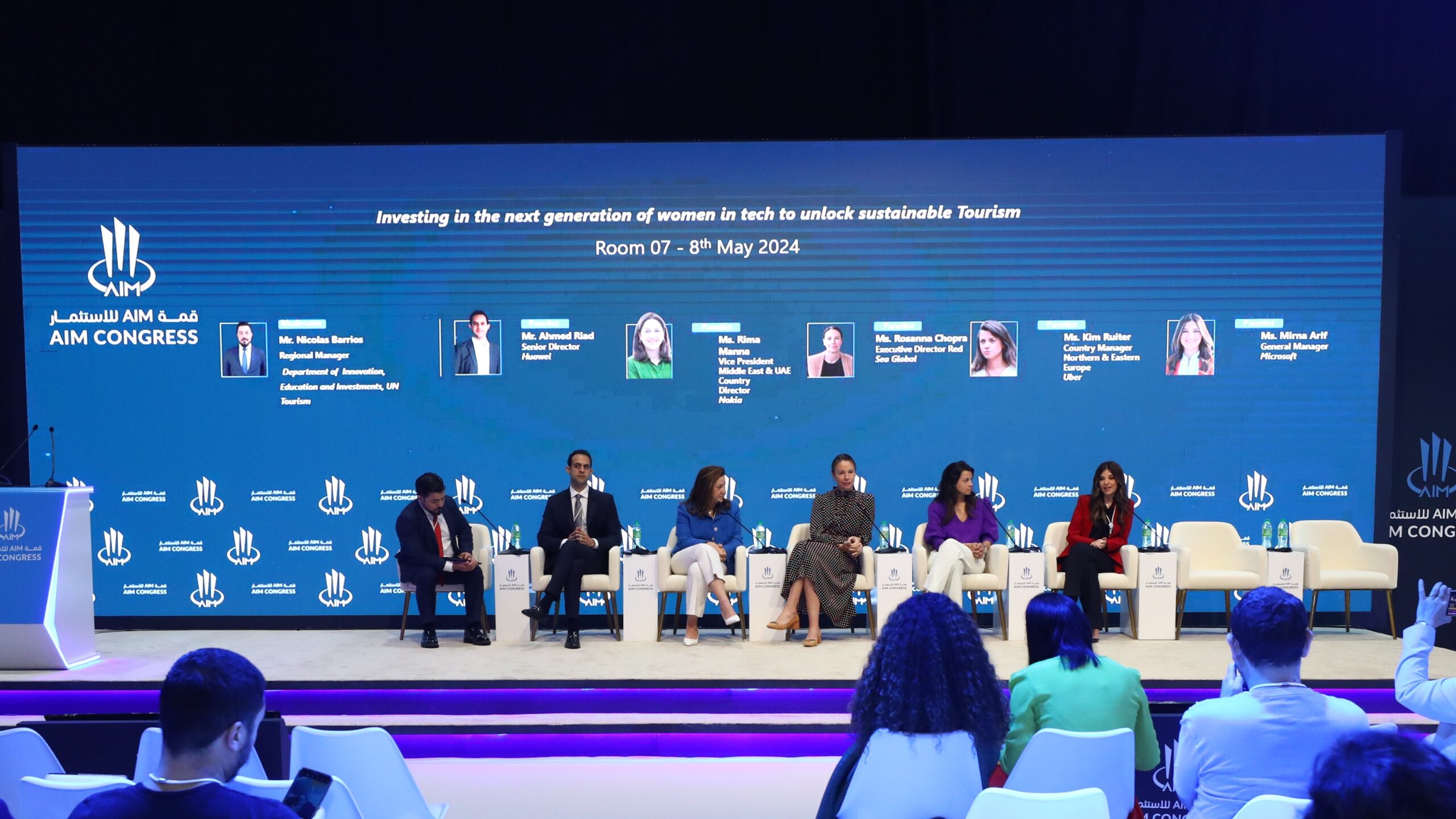Dubai’s tourism sector has been on a remarkable trajectory, marking an 11 per cent increase in international overnight visitors in Q1 2024, with 5.18 million visitors gracing the emirate’s shores.
This surge follows a record-breaking year in 2023, where Dubai welcomed an unprecedented 17.15 million international overnight visitors, firmly establishing itself as a global tourism powerhouse.
Dubai’s success story isn’t just confined to numbers; it’s a testament to the city’s diversified approach, tailored strategies, and activities across more than 80 markets.
This approach has maintained Dubai’s status as the destination of choice for visitors worldwide, as evidenced by its recent recognition as the top spot in the Tripadvisor Travellers’ Choice Best of the Best 2024 awards for the third consecutive year.
The success story doesn’t end here; Dubai International Airport (DXB) has recorded its busiest quarter in history, with an impressive 23 million guests passing through its terminals.
We caught up with Issam Kazim, CEO of Dubai Corporation for Tourism & Commerce Marketing, at the recent ATM show, where he shared the strategies, innovations and vision that continue to drive Dubai’s success on the global stage.
Tell us about Dubai’s tourism achievements in 2023 and what has been driving them.
Dubai’s success is driven by visionary leadership, which keeps us on track and punctual. Our ambitious targets and goals push us to create the foundation for our successes.
When we launched our strategy in 2014, we focused on moving beyond our traditionally strong markets to a more diversified approach.
We are in a dynamic environment influenced by socioeconomic and geopolitical factors beyond our control. Therefore, we ensure our trade and markets remain active worldwide.
If one market slows down, we can quickly pivot to others to compensate. This market-to-market perspective is crucial.
We’ve transitioned from traditional marketing to a digital focus, becoming leaders in this space. Strong relationships with key global players help us leverage their know-how and continue our growth.
Our targets — such as increasing visitor numbers, length of stay, spending, GDP contribution, and repeat visitation — were challenging but exciting to achieve.
Today, Dubai enjoys a 25 per cent repeat visitation rate within 12 months, which we’re very proud of.
This success is not just due to marketing campaigns but also the service delivered by both the private and public sectors.
From the moment visitors board a flight to Dubai, through their stay, and until they leave, every touchpoint ensures a smooth, safe, and enjoyable experience.
We’ve launched initiatives to showcase not just luxury but also Dubai’s culture, tradition, and affordability.
This diversified market approach allows us to create bespoke campaigns for different demographics, working with key opinion leaders, influencers, and celebrities from Bollywood, Hollywood, Nollywood, and more.
Are you exploring new markets?
Yes, indeed, we are consistently exploring new markets, and sometimes we’re even delving into different segments within existing markets. This level of customisation allows us to tap into various demographics and segments of the market.
For instance, some markets previously associated Dubai solely with luxury. However, there’s immense potential in showcasing the non-luxury aspects of Dubai. Even a three-star or four-star accommodation here can rival five-star experiences elsewhere in the world.
We’ve been deliberate in incentivising investment in the three- and four-star sector, ensuring that while offering incentives, we maintain Dubai’s reputation for luxury and quality.
Additionally, we keep a close eye on the routes opened up by flydubai and Emirates, identifying potential growth markets and aligning our marketing efforts accordingly.
If there’s a positive response from a market, we explore opportunities for scheduled or charter flights, collaborating with Dubai World Central (DWC) to facilitate increased air traffic.
Every step we take is meticulously planned and analysed, with a structured approach guiding our decisions. Collaboration between the public and private sectors ensures that we have the right visa policies and regulations in place to welcome visitors from diverse markets.
Ultimately, our goal is to continue expanding Dubai’s reach and appeal to a global audience.
How are you pushing to achieve the D33 economic agenda targets?
Our tourism strategy now includes remote working opportunities and new visas, leading to more people relocating to Dubai. We’re the number one relocation destination and the top for remote working globally. We’ve also introduced a retirement visa.
We’re attracting regional and global HQs to Dubai, leveraging our connectivity and visa policies.
Free zones in the city make it easy for companies to operate here. We’re continuously meeting with the private sector to address their needs and implement new programmes, maintaining an entrepreneurial, startup spirit.
How is sustainability incorporated into your agenda?
Sustainability holds deep significance for us, rooted intrinsically in our cultural ethos. Originating from a desert landscape where resources were scarce,
we’ve embraced a mindset of preservation, recognising the finite nature of our surroundings.
This ethos permeates every facet of our endeavours, from tourism to urban development.
Several initiatives underscore our commitment to sustainability. In the tourism sector, we’ve incentivised hotels to retrofit their properties to meet stringent sustainability standards.
Additionally, we’ve made tools like carbon calculators readily available on our website to empower individuals and businesses to track and reduce their environmental footprint.
On the regulatory front, we’re implementing stringent standards for new developments to ensure compliance with sustainability norms.
In collaboration with the hospitality industry, we’ve witnessed the swift adoption of sustainable practices, such as eliminating single-use plastics in hotel rooms and investing in on-site bottling plants to reduce carbon emissions associated with bottled water transportation.
Furthermore, our citywide infrastructure reflects our commitment to sustainability, with cooling stations and watering facilities installed in public spaces to promote sustainable living.
Looking ahead, we remain steadfast in our sustainability efforts. Recently, Sheikh Hamdan bin Mohammed bin Rashid Al Maktoum, Dubai Crown Prince and Chairman of the Executive Council of Dubai, launched Dubai Reef, the latest endeavour under the Dubai Can initiative.
This project aims to enhance marine biodiversity and promote eco-tourism by introducing coral reefs into our waters.
How do you see the GCC unified visa initiative boosting tourism?
We’re continually focused on streamlining visa processes to enhance the ease of travel for tourists. Simplifying visa procedures not only facilitates my role in attracting more visitors but also enriches the overall tourism experience in Dubai.
While proximity markets and those familiar with Dubai may find visa procedures manageable, attracting tourists from farther regions presents a unique challenge.
For many potential visitors, Dubai may not rank as a top destination on their travel list due to limited awareness of the diverse offerings and experiences available here. The introduction of the GCC unified visa will play a pivotal role in changing this perception.
By offering tourists the opportunity to explore multiple destinations within the GCC region with a single visa, Dubai becomes a more compelling choice for travellers seeking diverse experiences.
This unified visa not only simplifies travel logistics but also highlights the interconnectedness of destinations within the GCC, making Dubai a gateway to a broader spectrum of experiences.
As a result, tourists are more likely to view Dubai as a pivotal hub for their travels, encouraging repeat visits and extended stays.
However, with the implementation of the GCC unified visa, the onus is on us and our stakeholders to showcase Dubai’s unique attractions and experiences effectively.
What can we expect from Brand Dubai in terms of tourism?
Dubai is always innovating. We’ve introduced cycling and hiking tracks, a Real Madrid World theme park, new hotels like One&Only’s first city resort and Siro Hotel, and numerous gastronomy offerings.
Our Michelin Guide has grown, highlighting our culinary excellence, including three Green Star restaurants for sustainability.
Hatta’s development, the new airport with a capacity of 260 million passengers, and the unified visa are all part of our efforts to enhance Dubai’s tourism.
The unified visa will make it easier for tourists to explore the region, compelling them to visit Dubai and other nearby destinations.
What can the world learn from Dubai’s leadership?
Our leadership combines vision with commitment to delivery and execution. Sheikh Mohammed bin Rashid Al Maktoum, the Vice-President and Prime Minister of the UAE, and Ruler of Dubai, sets ambitious targets and ensures we monitor and communicate our progress transparently.
This approach helped us rebound quickly from Covid-19, achieving record-breaking growth in 2023 and continuing into 2024.
Our leadership’s accessibility and dedication to public service ensure we address stakeholders’ needs and work collaboratively. This mindset filters through every touchpoint of our organisation, fostering a culture of agility and responsiveness.
I can say we are a startup at heart, always striving for what’s next.
SOURCE
GULF BUSINESS
